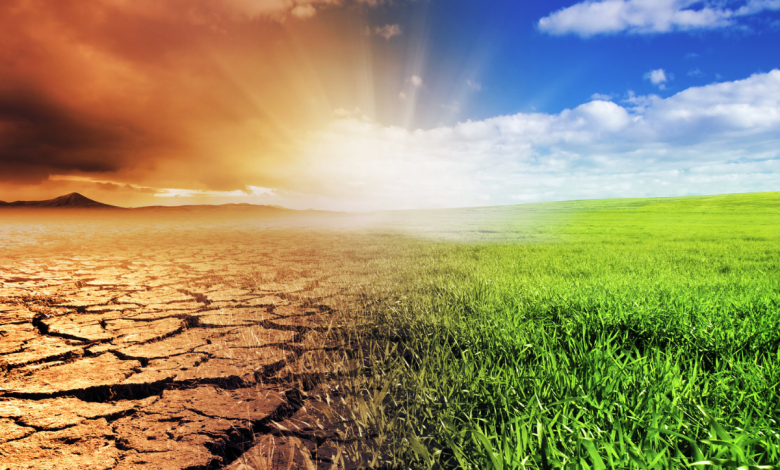Navigating the Climate Crisis: Tourism at a Crossroads

The environmental cost of tourism is a significant issue as international travel picks back up after the pandemic. As destinations prepare for the effects of climate change, the tourism industry, which is responsible for 8% to 10% of global greenhouse gas emissions, must address its ecological imprint.
With sweltering summers making them less alluring, rising temperatures have started to change the appeal of conventional holiday destinations. How the tourism sector will adjust to these changing realities is a crucial concern raised by this transformation.
One likely result is a “poleward shift” in travel destinations, which would favor cooler locations over hotter ones. To address the impending threat of climate change, coastal regions that are susceptible to rising sea levels may see changes to their infrastructure.
These modifications are not without difficulties, though. For popular sites, walking the tightrope between accommodating an increase in tourists and protecting vulnerable ecosystems and residents continues to be challenging. A sustainable approach is required to prevent potential harm because the economic expansion brought on by tourism can put a burden on infrastructure and resources.
The future of tourism requires a proactive attitude in this age of climate consciousness. While foreign travel may continue, it will be important to adopt sustainable practices, encourage domestic travel, and make investments in resilient infrastructure. To conform to a greener, more sustainable vision of tourism, travelers must also adapt, changing their actions and choices.
Also Read : World Bank’s Alleged Support for Indonesian Coal Plants Sparks Outcry
Travelers are probably going to start making more cautious arrangements as severe weather occurrences become more frequent, indicating a trend towards environmentally friendly tourism. The summer of 2023 will serve as a sharp reminder that climate change is transforming our globe and that tourism must change along with it to create a future in which travel does not harm our planet.



